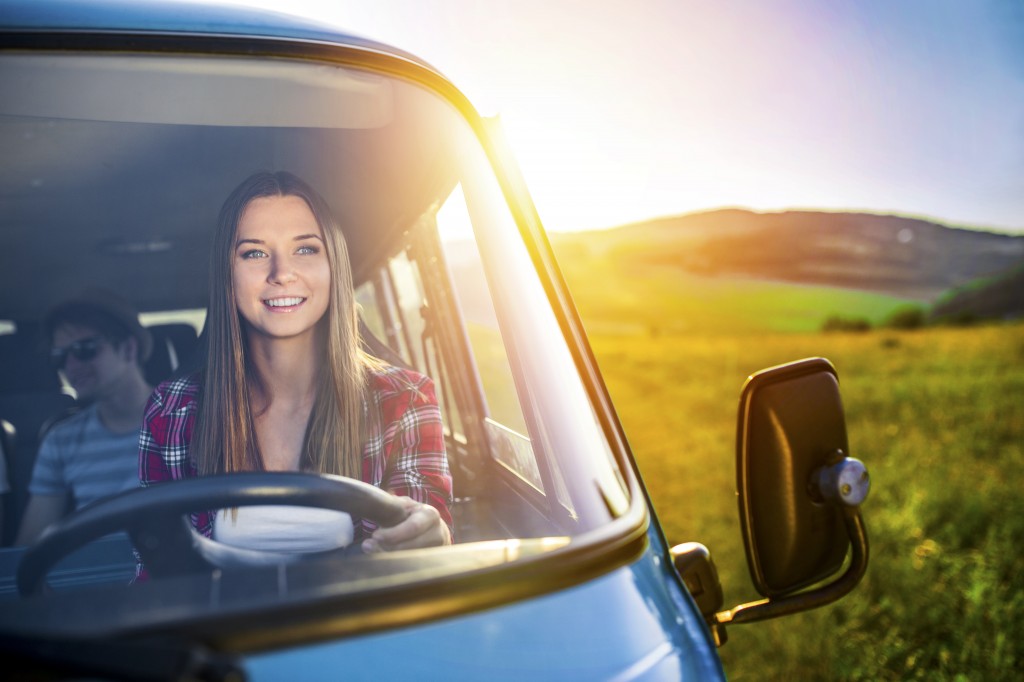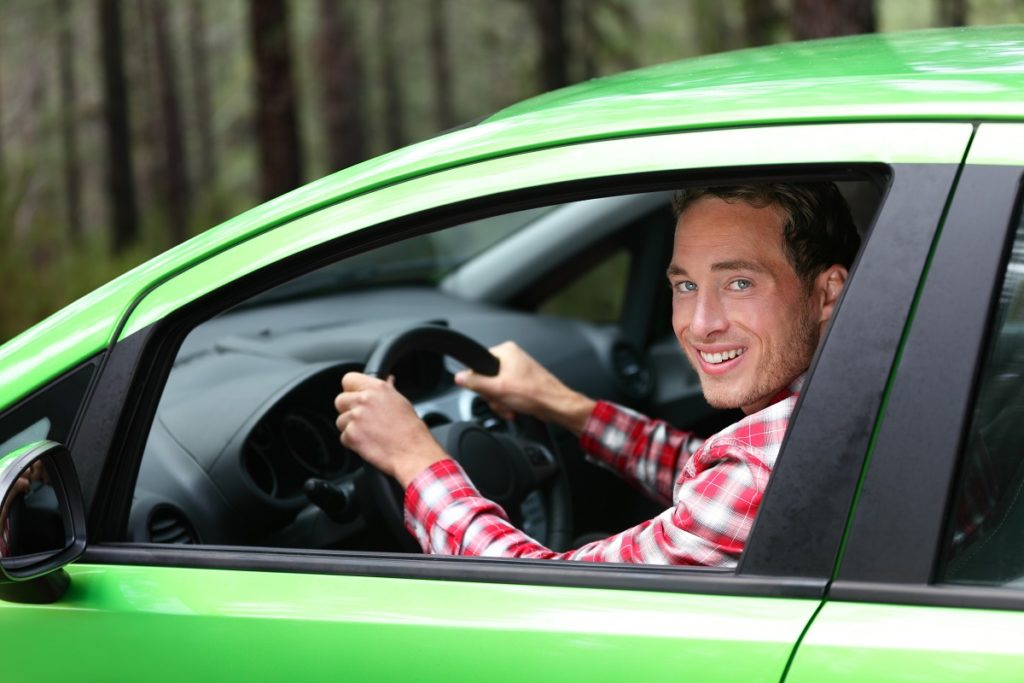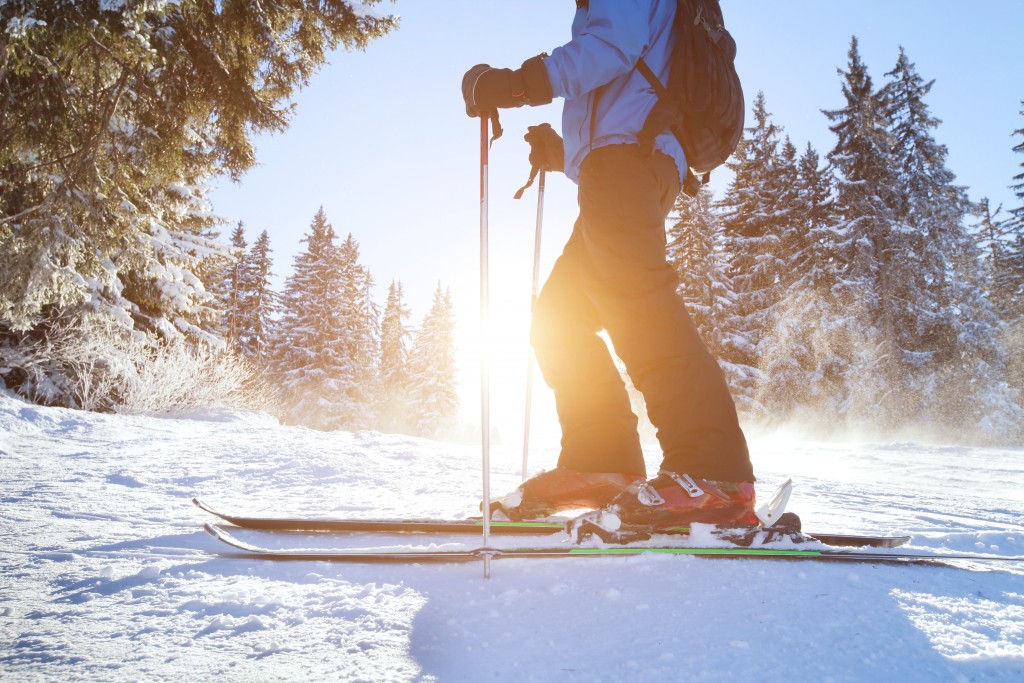One of the easiest and efficient ways to protect yourself and other people from COVID-19 is to stay home. However, as restrictions ease, traveling is now acceptable in certain areas, but the CDC and medical experts warn that it’s still risky. That’s why they suggest traveling by car, which is the safest and best option travelers have as it gives people more control of the situation while on the road and minimizes interaction with other people than when you board on an airplane or bus.
However, travelers still need to be careful, even on a road trip. With that in mind, here are five essential pit-stop tips to consider when going on a long-distance road trip:
Be Careful When Using Public Restrooms
New studies have discovered that COVID-19 aerosols can spread into the air when flushing a toilet, which can be dangerous, especially in public bathrooms where people use toilet stalls and seats one after another. So, make sure to wear a mask even when you’re in a bathroom and maintain the correct physical distance requirement from other people in line for the toilets.
Make sure to don’t spend more than 10 minutes inside the restroom and try to minimize your touching by using your foot to flush the toilet or use a glove that you can throw away when using faucet handles. Additionally, make sure to watch your hands correctly using disinfecting soap and water for at least 20 seconds and towel dry your hands before getting into your car.
Stay Wary of Gas Stations
When you need to refill your gas tank, keep in mind that the gas pump is a high-touch surface. That’s why it’s best to wear disposable gloves when filling your car with gas. However, if you don’t have access to these gloves, you can use disinfecting wipes or paper towels damp with rubbing alcohol to wipe the gas pump. The main goal is to have a barrier between your hands and the gas pump, and either method can help you achieve just that.
Additionally, remember to put the gloves on with your face covering before exiting the car, correctly remove your goals when finished, throw them away at the hazardous-labeled trash can, and apply hand sanitizer or rubbing alcohol when you’re back in the vehicle.

Pack and Bring A Hygiene and Safety’ Toolkit’
To ensure you can tackle all the pitstop hurdles with ease and safety, bringing a hygiene toolkit is ideal. It helps you thoroughly prepare yourself in cases you need to go to a rest stop. Your toolkit should include face coverings or face shields for every person you’re traveling with, a big bottle of hand sanitizer or rubbing alcohol to place in your cup holder, disinfecting wipes or paper towels, and a box of disposable gloves.
Additionally, you may also bring your disinfecting soap and other personal hygiene necessities if you’re not comfortable with using those provided at your accommodation.
Travel With People in the Same Household Only
Although coronavirus restrictions have eased slightly, and it can be tempting to travel with friends and meet up with distant relatives, only travel with people you live with at home for the sake of your safety. Whether they’re your immediate family, close friends, or work colleagues, it’s best to stick with them and not go beyond your household as it increases your odds of getting COVID-19 while on the road.
Research the Destination Before Hitting the Road
Finally, the best way to ensure you and your passenger’s safety is by researching your intended destination beforehand. After all, it would be unwise to go to a place where there are many COVID-19 cases. So, it only makes sense to postpone your trip and choose areas where there are not many local transmissions if the initial place you’re going to is a hotbed of the virus.
Additionally, make sure to check your destination’s local health department website and see what their requirements are to avoid any hassles down the road. After all, you wouldn’t want to drive for hours on end only to find out you need to have to self-quarantine for two weeks and not go anywhere.
Although governments have eased coronavirus restrictions, top health organizations like the CDC still urge people to stay at home for the sake of their health. However, for those that do venture out, traveling via a private vehicle is your safest bet — and the tips mentioned can help you deal with the risks of being on the road, keeping you and your loved ones safe.




